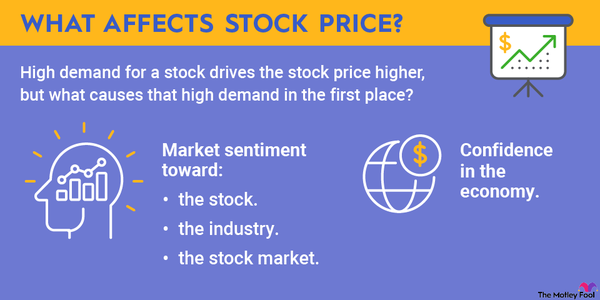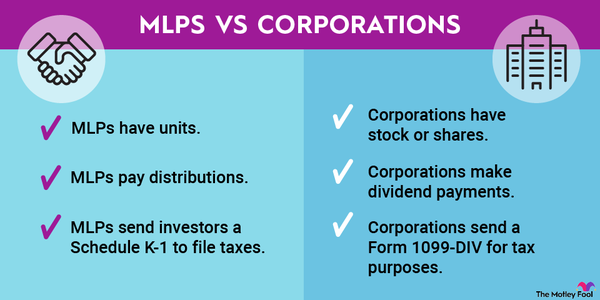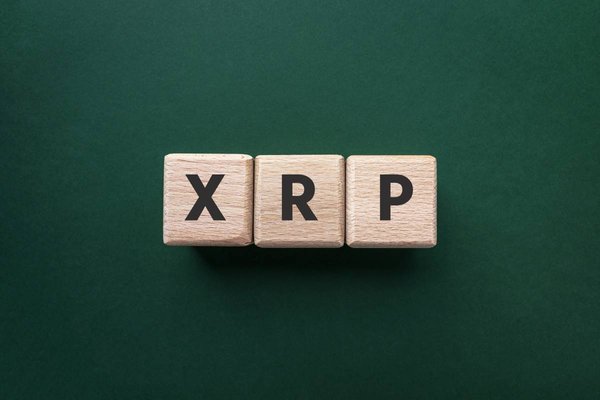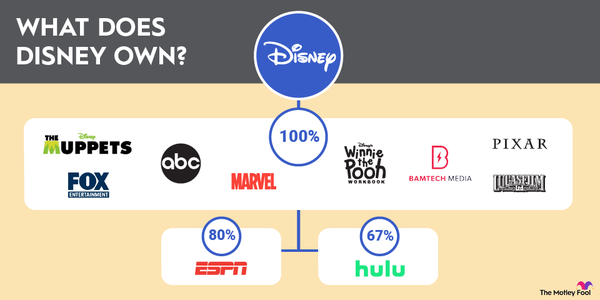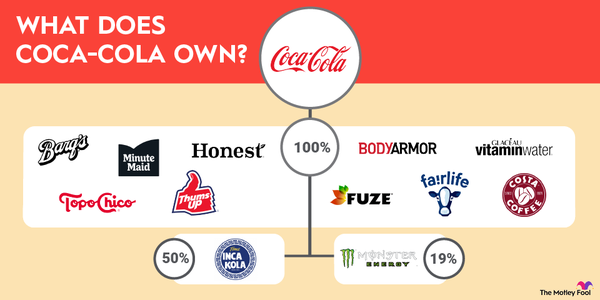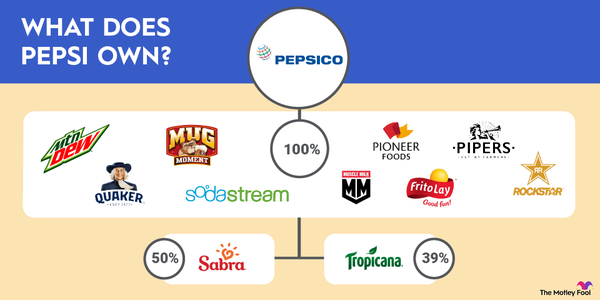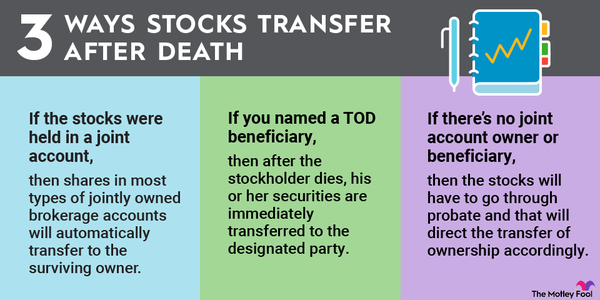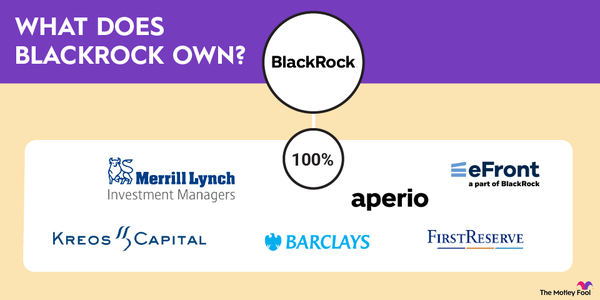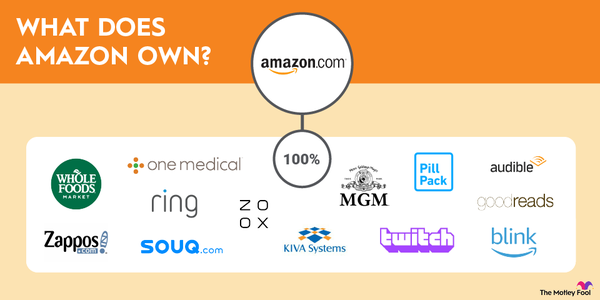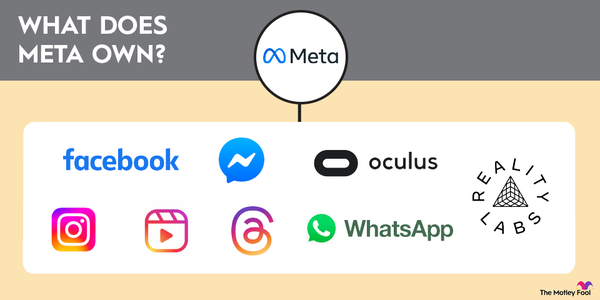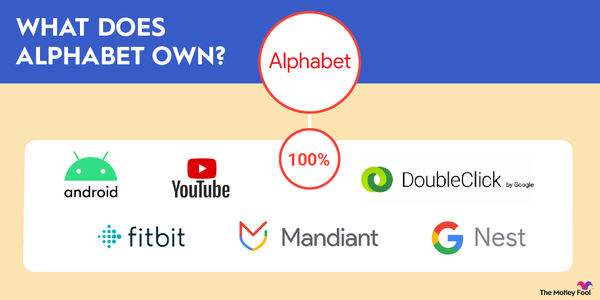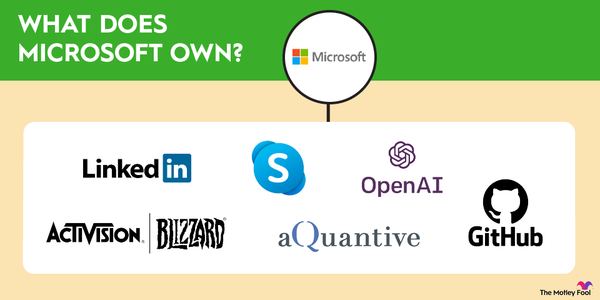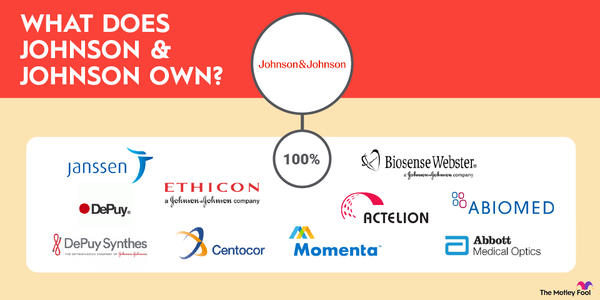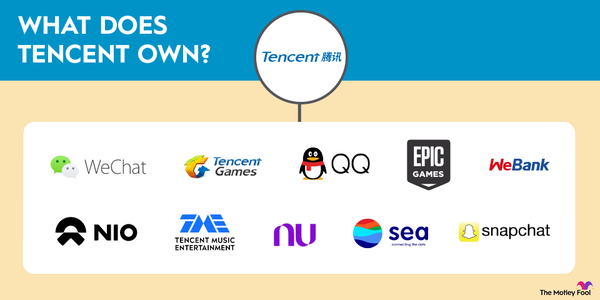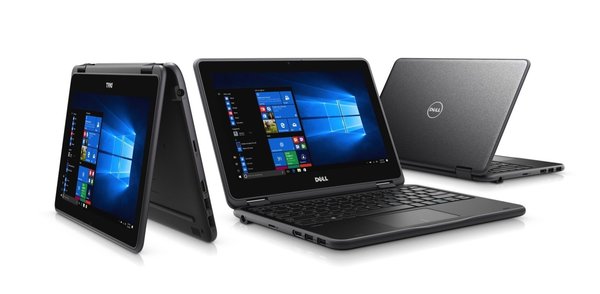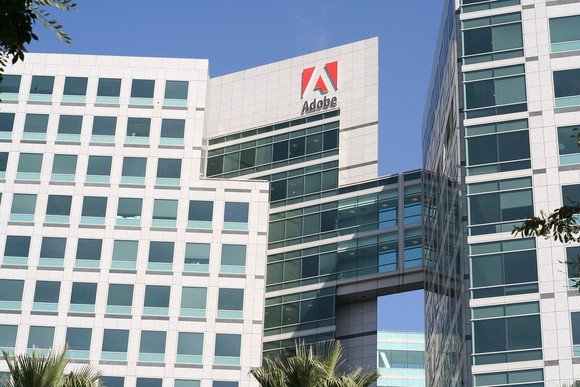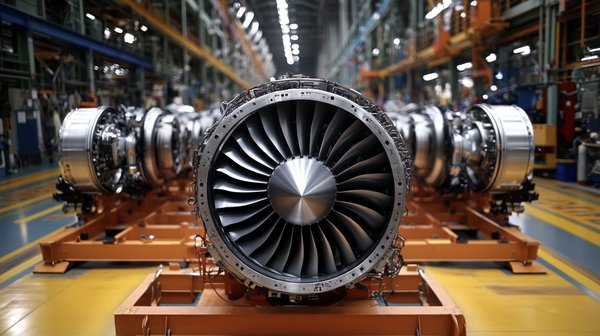Lockheed Martin (LMT 1.95%) is a leading global security and aerospace company. It operates four business segments based on the products and services it offers government and commercial clients:
- Aeronautics: It designs, develops, manufactures, and supports advanced military aircraft. Notable programs include the F-35 and F-22 stealth fighters, C-130 airlifter, and F-16 fighters.
- Missiles and Fire Control: Lockheed Martin provides air and missile defense systems, tactical missiles, and air-to-ground precision strike weapons systems. Major programs include the Patriot and Terminal High Altitude Area Defense (THAAD) air and missile defense programs, and the Javelin program.
- Rotary and Mission Systems: It designs, manufactures, and supports military and commercial helicopters, surface ships, sea- and land-based missile defense systems, and radar systems. Notable programs include Sikorsky helicopter programs like the Black Hawk and U.S. Marine One.
- Space: The company designs, develops, and produces satellites, space transportation systems, and defense systems. Notable programs include the Trident intercontinental ballistic missile and Orion spacecraft.
Lockheed Martin is one of the biggest defense companies in the stock market. It generates relatively stable and growing revenue and profitability because government defense spending tends to be predictable and growing. Defense spending commonly increases even more during times of conflict, which has been the case in recent years due to the wars in Ukraine and Israel.
The overall stability and steady spending growth make defense stocks like Lockheed Martin relatively low-risk investments. Those features might have you interested in investing in its stock. Here's a step-by-step guide on how to buy the aerospace stock and some factors to consider before adding it to your portfolio.
Stock
How to buy
How to buy Lockheed Martin stock
People interested in buying shares of Lockheed Martin need to take a few steps before becoming a shareholder. Here's a step-by-step guide to adding the defense contractor to your portfolio.
Step 1: Open a brokerage account
You'll need to open and fund a brokerage account before buying shares of any company. If you don't have one yet, here are some of the best-rated brokers and trading platforms. Take your time to research the brokers to find the best one for you.
Step 2: Figure out your budget
Before making your first trade, you'll need to determine a budget for how much money you want to invest. A good rule of thumb is that you shouldn't invest money you might need over the next three to five years, like your emergency fund or money you're saving for something specific, like a house. You'll then want to figure out how to allocate that money.
The Motley Fool's investing philosophy recommends building a diversified portfolio of 25 or more stocks you plan to hold for at least five years. You don't have to get there all at once. For example, if you have $1,000 available to start investing, you might want to begin by allocating that money equally across at least 10 stocks and then grow from there.
Step 3: Do your research
It's essential to thoroughly research a company before buying its shares. You should learn about how it makes money, its competitors, its balance sheet, and other factors to make sure you have a solid grasp on whether the company can grow value for its shareholders over the long term. Continue reading to learn more about some crucial factors to consider before investing in Lockheed Martin stock.
Step 4: Place an order
Once you've opened and funded a brokerage account, set your investing budget, and researched the stock, it's time to buy shares. The process is relatively straightforward. Go to your brokerage account's order page and fill out all the relevant information, including:
- The number of shares you want to buy or the amount you want to invest to purchase fractional shares.
- The stock ticker (LMT for Lockheed Martin).
- Whether you want to place a limit order or a market order. The Motley Fool recommends using a market order since it guarantees you buy shares immediately at the market price.
Here's a screenshot of an order page from the five-star rated Fidelity Investment's trading platform:
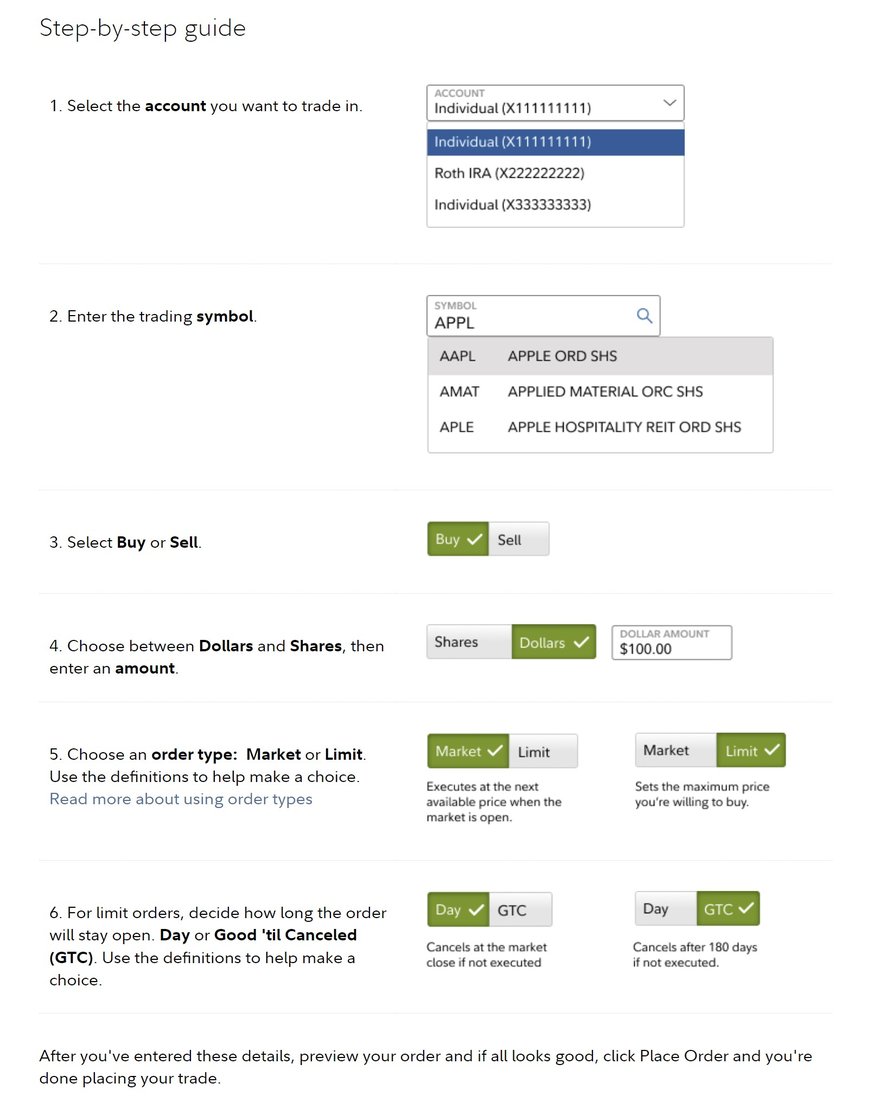
Once you complete the order page, click to submit your trade and become a Lockheed Martin shareholder.
Should I invest?
Should I invest in Lockheed Martin?
Doing your research is an important step to take before buying a stock. It will hopefully increase your conviction that the company can be a winning investment. However, your due diligence might lead you to discover something about the company that changes your opinion about buying shares. With those factors in mind, here are some reasons you might want to invest in Lockheed Martin:
- You want to add some exposure to the defense sector to make your portfolio more diversified.
- You believe Lockheed Martin can outperform the S&P 500 over the next three to five years.
- You want to own companies that pay an above-average and growing dividend (Lockheed Martin's dividend yield was more than 2% in mid-2024 compared to less than 1.5% for the S&P 500. It had also increased its payout for 21 straight years).
- You think Lockheed Martin's 21st Century Security strategy will help the company return to growth.
- You think the wars in Israel and Ukraine will cause increased defense spending in the coming years.
- You're a value investor and think Lockheed Martin's valuation (price-to-earnings (P/E) ratio of less than 21 times in mid-2024) was reasonable for a stable company (especially given the S&P 500's more than 23.5 times P/E ratio).
On the other hand, here are some reasons you might decide not to invest in Lockheed Martin:
- You don't want to invest in a company that profits from war.
- You don't need dividend income right now.
- You're not convinced Lockheed Martin can outperform the S&P 500 over the next few years.
- You already invest in defense stocks.
- You think governments spend too much money on defense and want to see that budget line cut.
- You're seeking a company with more growth potential than Lockheed Martin.
- You're not sure the company's 21st Century Security strategy will be a major growth driver.
Profitability
Is Lockheed Martin profitable?
Analyzing a company's profitability is an essential aspect of investment research. Rising profitability tends to be the most important factor propelling a stock's price over the long term.
Lockheed Martin is a very profitable company. In the first half of 2024, it recorded more than $35 billion in revenue and $4.2 billion in segment operating profit.
The company expected 2024 to be a strong year. It forecasted revenue between $70.5 billion and $71.5 billion and segment operating profit between $7.35 billion and $7.5 billion.
Lockheed Martin's strong profitability allows it to generate lots of free cash flow. The company expected to produce $6 billion to $6.3 billion in free cash in 2023 after accounting for $1.75 billion in capital expenditures. It returns most of its free cash flow to investors through share repurchases and dividends.
After sluggish growth in recent years, Lockheed Martin hit the accelerator in 2024. Its net sales surged 9% year over year in the third quarter, and that growth should continue in the balance of 2024 and beyond.
Defense budgets are on the rise following the wars in Ukraine and Israel. In addition, the company is investing heavily in its 21st Century Security strategy, which it expects will drive new business growth in the future.
Dividends
Does Lockheed Martin pay a dividend?
Lockheed Martin makes quarterly dividend payments to its shareholders. As of mid-2024, the defense giant paid $3.15 per share each quarter ($12.60 annually), which gave it a more than 2% dividend yield at its share price at that time (around $575 a share).
The aerospace and security company has an excellent track record of increasing its dividend. In late 2023, it raised its quarterly payment by $0.15 per share, or 5%, marking its 21st consecutive year of dividend growth.
ETFs
ETFs with exposure to Lockheed Martin
Many investors prefer a more passive investing approach than directly owning stocks they must actively monitor. Buying an exchange-traded fund (ETF) can be a great way to gain some passive exposure to Lockheed Martin.
Exchange-Traded Fund (ETF)
According to ETF.com, 309 ETFs held 29.9 million shares of the defense contractor as of mid-2024. The Schwab U.S. Dividend Equity ETF (SCHD 1.34%) was the largest holder, at 4.8 million shares. The ETF focuses on companies with strong track records of paying dividends.
Lockheed Martin was the fund's largest holding in mid-2024, at about 4.6% of its total assets. This ETF is ideal for investors seeking exposure to high-quality dividend stocks like Lockheed Martin.
Investors seeking passive exposure to the defense sector could consider buying a defense ETF. Three leading defense ETFs with meaningful exposure to Lockheed Martin are:
- iShares U.S. Aerospace & Defense ETF (ITA 1.39%) provides exposure to U.S. aerospace and defense stocks. Lockheed Martin was its fourth-largest holding in mid-2024 at 5.3% of the fund's total assets. The fund has a 0.4% ETF expense ratio.
- Global X Defense Tech ETF (SHLD 1.42%) focuses on defense technology companies. As of mid-2024, Lockheed Martin was its largest holding, accounting for 9.2% of its assets. The fund had a 0.5% total expense ratio.
- Invesco Aerospace & Defense ETF (PPA 1.41%) focuses on companies involved in the development, manufacturing, operations, and support of U.S. defense, homeland security, and aerospace operations. Lockheed Martin was its largest holding in mid-2024, at 7.6% of its total assets. The fund had a 0.58% total expense ratio.
Related investing topics
Stock splits
Will Lockheed Martin stock split?
Lockheed Martin didn't have an upcoming stock split on the calendar as of mid-2024. The defense giant has had only one stock split in its history. In 1998, it completed a 2-for-1 stock split.
Lockheed Martin could split its stock again in the future. Shares have steadily gained value over the years and were around $575 per share in mid-2024. That was close to its all-time closing high of $578.73, which it reached in September 2024. If shares continue to gain altitude, Lockheed Martin could complete a stock split to make them more accessible to investors.
The bottom line on Lockheed Martin
Lockheed Martin is a leading defense contractor. It benefits from relatively stable and growing government spending on defense, making it a fairly low-risk investment. However, it's not for everyone. You should make sure it's right for you before adding shares to your portfolio.
FAQ
Investing in Lockheed Martin FAQ
Can I buy stock in Lockheed Martin?
You can buy shares of Lockheed Martin through any brokerage account or stock trading platform. The defense company trades on the New York Stock Exchange (NYSE) under the stock ticker LMT.
Who is the largest investor in Lockheed Martin?
State Street (NYSE: STT) Global Advisors is Lockheed Martin's largest investor. As of mid-2024, the asset manager owned 15.1% of the defense contractor's outstanding shares.
Is Lockheed Martin worth investing in?
Lockheed Martin has many worthy investment characteristics. The defense contractor is very profitable. It returns most of its excess free cash flow to investors by repurchasing shares and paying a steadily rising dividend. It also invests money to grow its business.
The company finally returned to growth in 2024, a trend it expects will continue. It's a compelling investment option, especially for those seeking exposure to the defense sector or a growing dividend.
However, it's not for everyone. As a defense contractor, it makes weapons, so people opposed to war might not want a company that profits from warfare in their portfolio.
Is Lockheed Martin publicly traded?
Lockheed Martin has been a publicly traded company since 1995 when Lockheed Corporation merged with Martin Marietta. The company trades on the New York Stock Exchange (NYSE) under the stock ticker LMT.




































